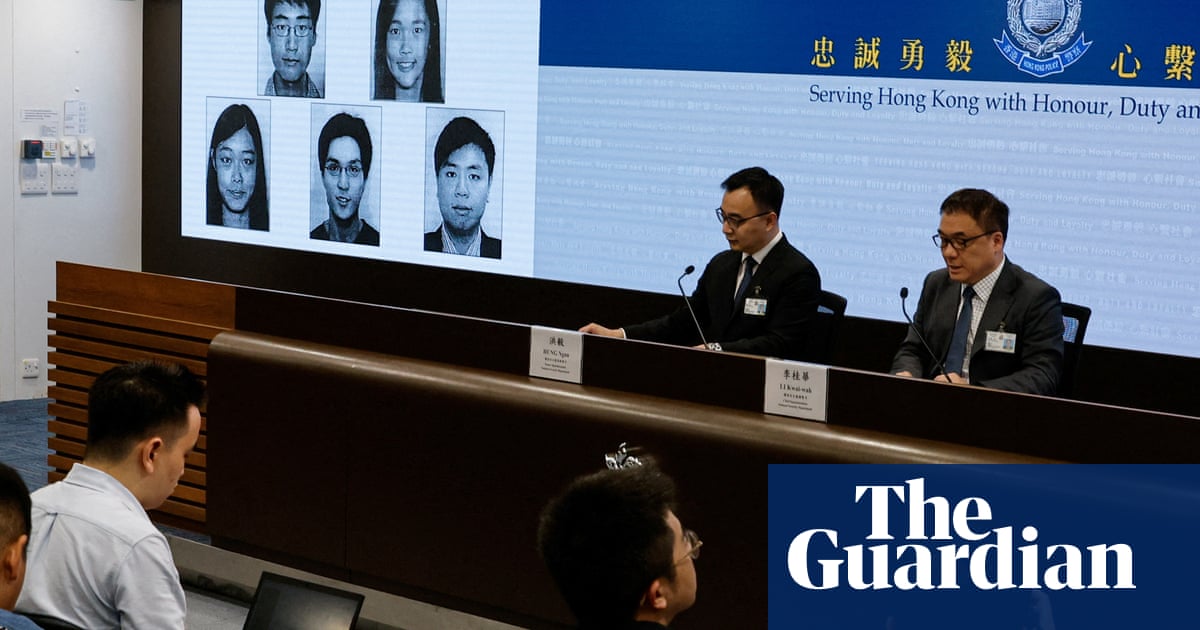
Business in Hong Kong take notice: The city’s government has taken off its flimsy mask of moderation and arrested over 50 opposition candidates and an American lawyer in dawn raids. Banks and brokerage firms, the lucrative redoubt for financial professional expats, can mostly shrug it off. But for media and technology companies that host or transmit ideas it’s the dawn of a riskier era.
Hong Kong police say that opposition legislators, by holding an unauthorised primary last year and planning to stymie the policy agenda, were effectively trying to overthrow the government, violating a National Security Law that Beijing rammed into force in July. They have detained nearly all the candidates who stood for election in the primary, plus pollsters and organisers like U.S. lawyer John Clancey, chairman of the Asian Human Rights Commission, the first foreigner to be arrested under the new law.
The move comes even though elected pro-democracy legislators resigned en masse in November, protesting Beijing’s move to kick four moderate pro-democracy lawmakers from office. Given vaguely worded definitions of subversion, sedition and foreign collusion in the legislation, Chief Executive Carrie Lam could have left it there. Yet she arrested them for the primary, and their veto strategy, both of which became largely moot once the coalition resigned.
By removing resistance before delayed legislative elections, Lam has undermined claims that NSL enforcement would only impact a “minority of troublemakers”. The bulk of the pro-democracy camp faces charges that can imprison them for years; police say more arrests are coming. And her broad interpretation of what constitutes subversion or foreign collusion will force a rethink among the business community, domestic and foreign.
At the forefront are Western social media companies like Twitter and Facebook, which technically violate the NSL by hosting content Beijing deems subversive, regardless of where it was uploaded. It could also extend to controversial research by analysts – does a note critical of Lam’s economic response to the pandemic cause people to “hate” the government? That could be deemed illegal too.
Information industry leaders have hoped that China would be restrained in its interpretation of the new law, which would justify them leaving their people and hardware in place. They appear to have been overly optimistic.











